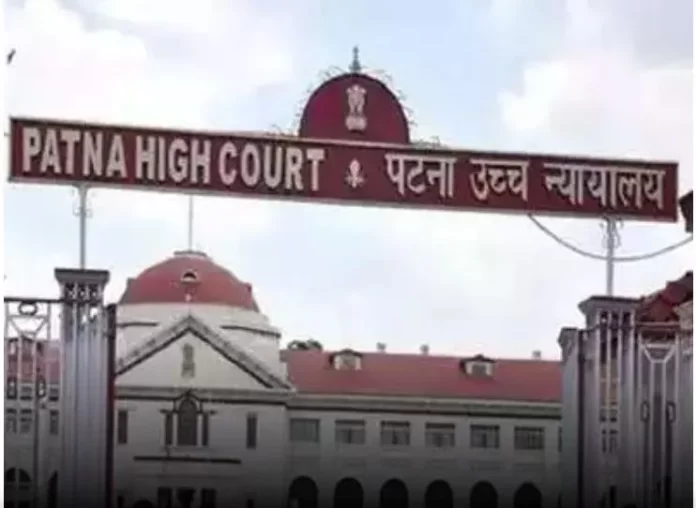The Patna High Court dismissed a Public Interest Litigation (PIL) filed seeking direction/order commanding the respondents to frame rules for dealing with cases where High Court Judges reserve judgments/orders and do not deliver the same within three months.
The PIL filed by the Petitioner further prayed for writ/direction/order commanding the respondents to make it mandatory (in the High Court’s Rules) to adequately compensate those litigants in whose cases judgments/orders are reserved and not delivered within six months.
Adverting the averments made in the petition showing certain instances of delay in delivery of judgments/orders, the petitioner has sought the afore-noted reliefs in view of the law laid down by the Apex Court in the case of Anil Rai v. The State of Bihar [(2001) 7 SCC 318].
The Division Bench of Chief Justice K. Vinod Chandran and Justice Harish Kumar observed that the Apex Court, taking note of the fact that for the High Courts, no period for pronouncement of judgment is contemplated either under the Civil Procedure Code or the Criminal Procedure Code, but as the pronouncement of the judgment is a part of justice dispensation system, it has to be without delay . In such circumstances, a guideline has been framed which reads as follows:-
“10. Under the prevalent circumstances in some of the High Courts, I feel it appropriate to provide some guidelines regarding the pronouncement of judgments which, I am sure, shall be followed by all concerned, being the mandate of this Court. Such guidelines, as for present, are as under:
(i) The Chief Justices of the High Courts may issue appropriate directions to the Registry that in case where the judgment is reserved and is pronounced later, a column be added in the judgment where, on the first page, after the causetitle, date of reserving the judgment and date of pronouncing it be separately mentioned by the court officer concerned.
(ii) That Chief Justice of the High Courts, on their administrative side, should direct the Court Officers/ Readers of the various Benches in the High Courts to furnish every month the list of cases in the matters where the judgments reserved are not pronounced within the period of that months.
(iii) On noticing that after conclusion of the arguments the judgment is not pronounced within a period of two months, the concerned Chief Justice shall draw the attention of the Bench concerned to the pending matter. The Chief Justice may also see the desirability of circulating the statement of such cases in which the judgments have not been pronounced within a period of six weeks from the date of conclusion of the arguments amongst the Judges of the High Court for their information. Such communi-cation be conveyed as confidential and in a sealed cover.
(iv) Where a judgment is not pronounced within three months, from the date of reserving it, any of the parties in the case is permitted to file an application in the High Court with prayer for early judgment. Such application, as and when filed, shall be listed before the Bench concerned within two days excluding the intervening holidays.
(v) If the judgment, for any reason, is not pronounced within a period of six months, any of the parties of the said lis shall be entitled to move an application before the Chief Justice of the High Court with a prayer to withdraw the said case and to make it over to any other Bench for fresh arguments. It is open to the Chief Justice to grant the said prayer or to pass any other order as deems fit in the circumstances.”
The Apex Court clarified that the above guidelines shall be strictly followed and implemented, considering them as self-imposed restraints.


